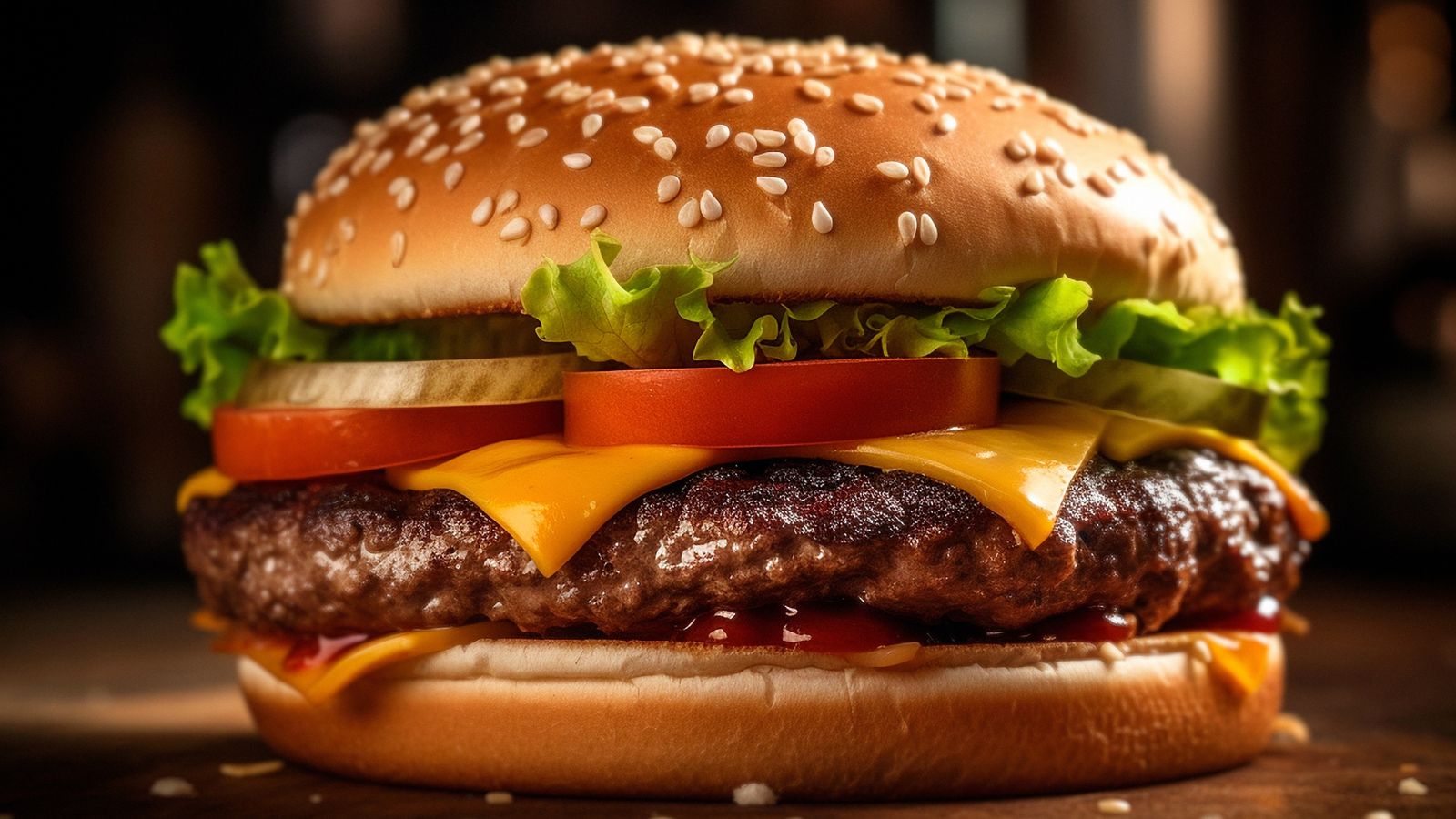Maintaining a healthy heart is crucial for overall well-being. While we often focus on heart-healthy foods, it’s equally important to be aware of foods that can harm our cardiovascular system. This article will explore seven common foods you should limit or avoid to protect your heart.
Bacon and Processed Meats

Popular yet risky, bacon, sausages, and other processed meats contain high saturated fat and sodium levels. These can elevate harmful cholesterol levels and raise the chances of heart disease. While they may taste great, overconsumption leads to hypertension, diabetes, and, eventually, heart disease. To safeguard your heart, reduce intake of these foods and choose lean protein options such as poultry or plant-based substitutes.
Red Meat

Red meat, such as beef and pork, contains high levels of saturated fat. While these meats offer vital nutrients, consuming them excessively can lead to heart issues. Cow and buffalo meat is less harmful, and moderate quantities are essential for good health.
Health professionals have long connected regular consumption of red meat with a higher risk of heart disease, primarily due to its saturated fat content. Pork is the bigger criminal as it has the most fatty meat. The dietary habits of pigs also make them rather unhealthy for human consumption.
Whether you love your rib-eye and fillet mignon steaks or can’t have enough bacon strips with your eggs, it is ideal to consume in moderation to avoid damaging your health in the long run.
Sugary Drinks (Soda and Energy Drinks)

Sugary beverages like soda and energy drinks can lead to weight gain and are associated with a higher chance of developing heart disease. These drinks contain empty calories, cause blood sugar levels to spike, and could potentially result in insulin resistance. Imagine drinking 15 teaspoons of sugar in a few seconds and thinking about its impact on your body. Choose water, herbal teas, or unsweetened flavored water as healthier options to safeguard your heart. Lemon water is generally a great nutritious option if you want to add some flavor to your drinks.
Baked Goods and Pastries

Baked goods like cookies, cakes, and muffins typically have refined flour and added sugars, which can cause blood sugar spikes and contribute to inflammation, potentially harming heart health. Whilst these treats are delicious, they keep adding unhealthy weight to the body, leading to bad health. Choosing whole-grain baked goods or homemade treats sweetened with natural sweeteners can help protect your heart health.
Fast Food

Fast food, such as burgers, fries, and fried chicken, contains high amounts of unhealthy fats, sodium, and calories. Eating these regularly can result in weight gain and have adverse effects on heart health. Imagine the same oil is used for orders over several days before being changed. The oil had micro-burnt food bits that carbonize, which can be carcinogenic. Besides, you keep on consuming the same heart-damaging foods daily. Whenever feasible, cook meals at home using fresh ingredients, keeping your heart happy.
White Rice, Bread, and Pasta

White rice, bread, and pasta are refined grains that rapidly turn into sugar in the body, potentially causing weight gain and abdominal fat linked to heart disease and type 2 diabetes. Overconsumption of these foods also results in a general unhealthy feeling. To promote cardiovascular health, consider choosing whole grains like brown rice, quinoa, and whole wheat bread.
Excessive Alcohol

Although consuming moderate amounts of alcohol may have certain cardiovascular advantages, excessive drinking can have negative effects on the heart. This can result in elevated blood pressure, irregular heartbeats, and diminished heart muscle. To safeguard your heart health, it’s important to adhere to the recommended guidelines for alcohol consumption.
Conclusion

Being mindful of what you eat plays a significant role in maintaining heart health. Balance is key—focus on whole foods, fruits, vegetables, and lean proteins. Consult a registered dietitian or healthcare professional for personalized advice. Remember, small dietary changes can make a big difference in protecting your heart.
18 Reasons Why People Are Leaving Florida in Masses

Exploring factors that impact the desirability of living in Florida, this list delves into various challenges shaping residents’ experiences. From environmental concerns like rising sea levels to economic factors such as fluctuating job markets, these issues collectively contribute to a nuanced understanding of the state’s appeal.
18 Reasons Why People Are Leaving Florida in Masses
